Patent Search Techniques And Tools
Intepat
JANUARY 21, 2023
An invention becomes patentable when it is novel, has an inventive step or is non-obvious. In order to determine whether a particular invention satisfies these preconditions set forth under the Patents Act 1970, it is imperative that an applicant carries out a thorough patent search.

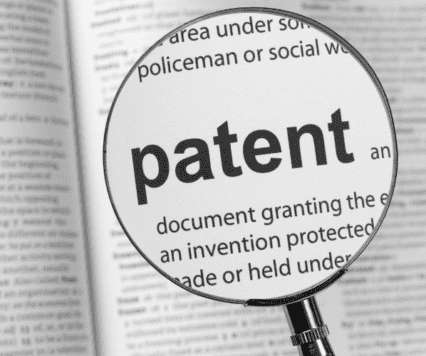

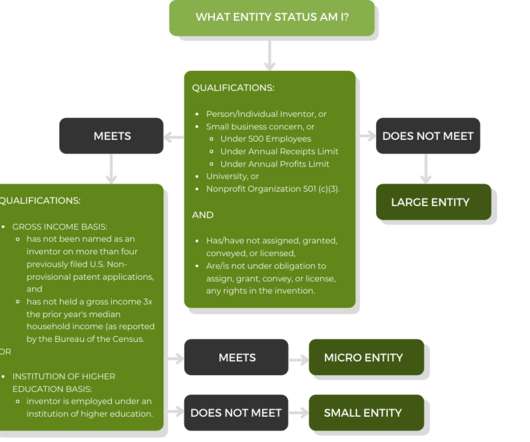

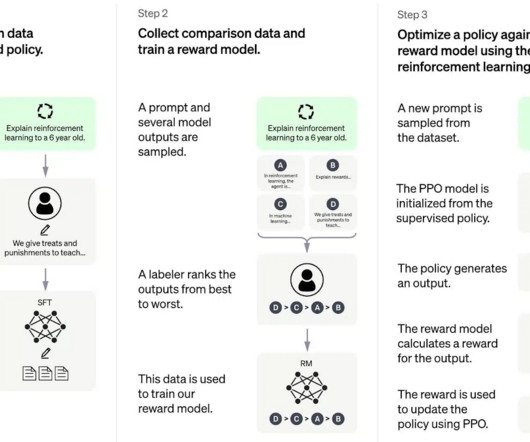
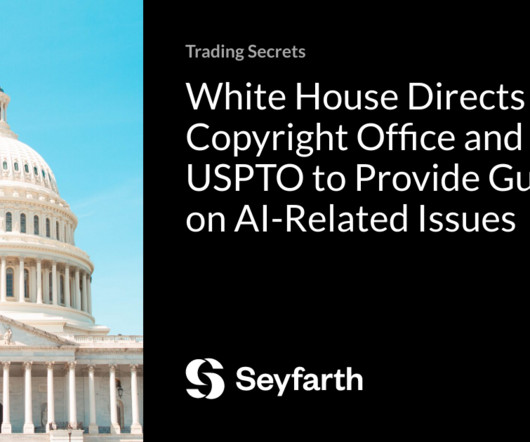
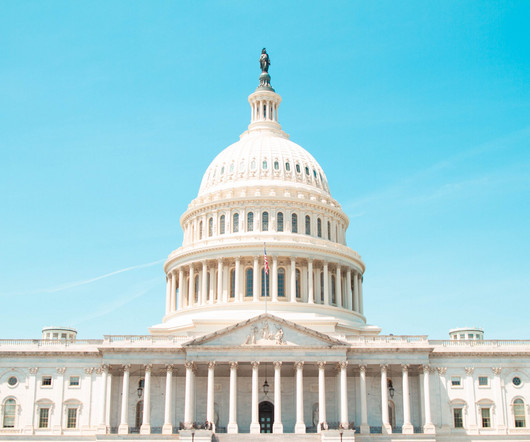
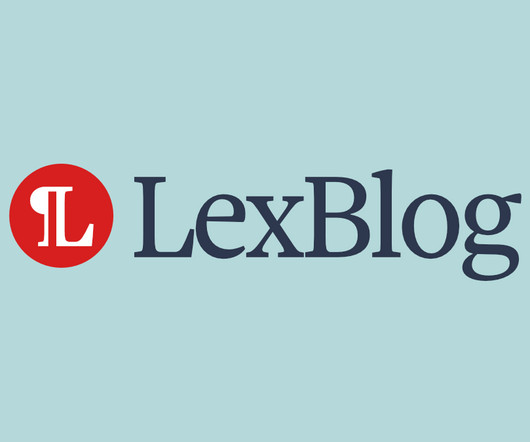






Let's personalize your content